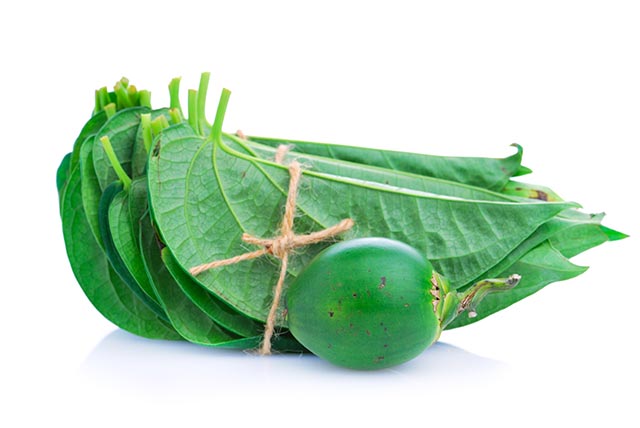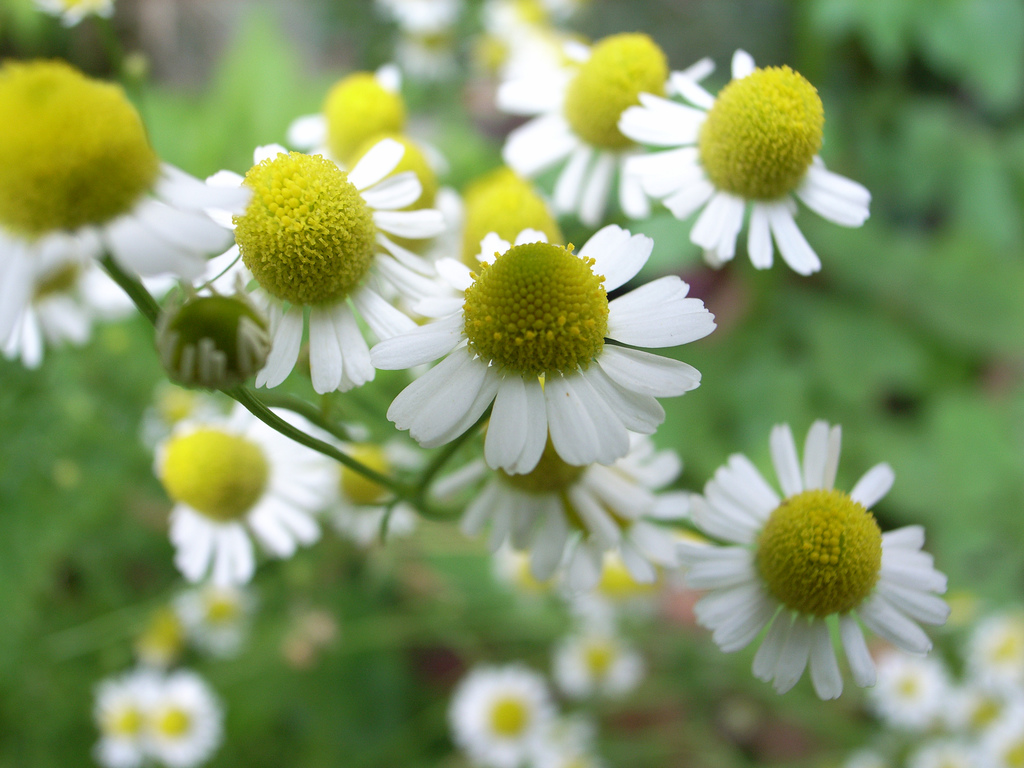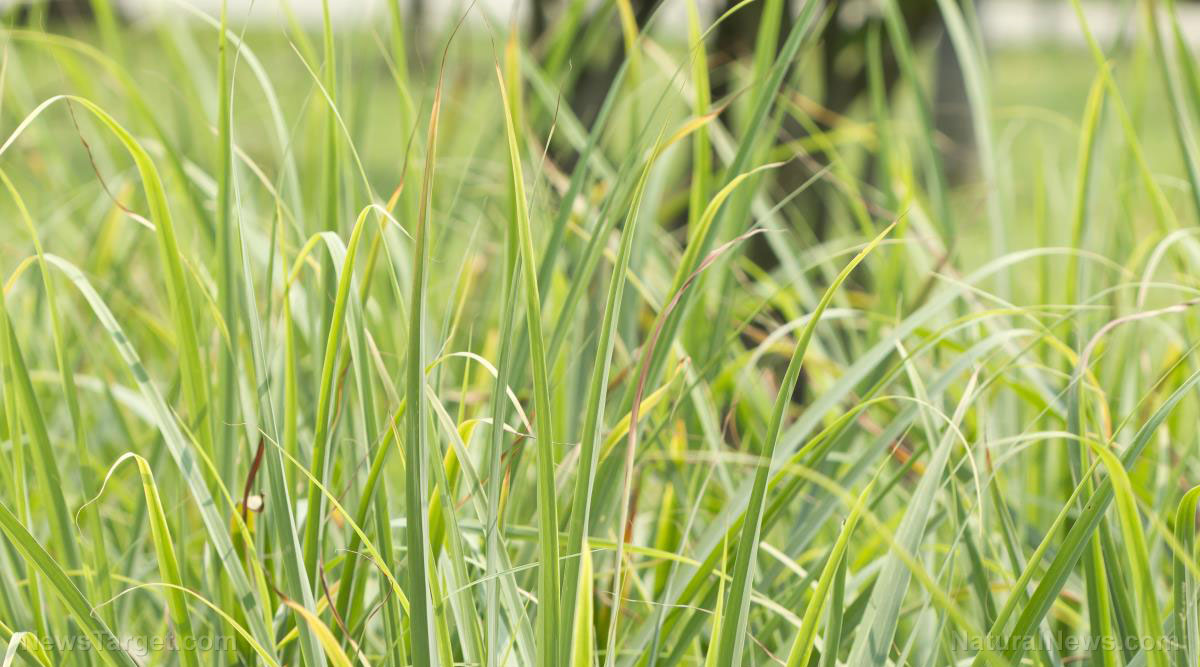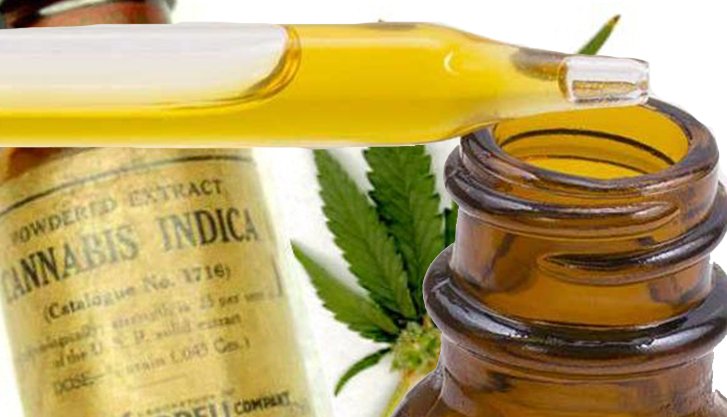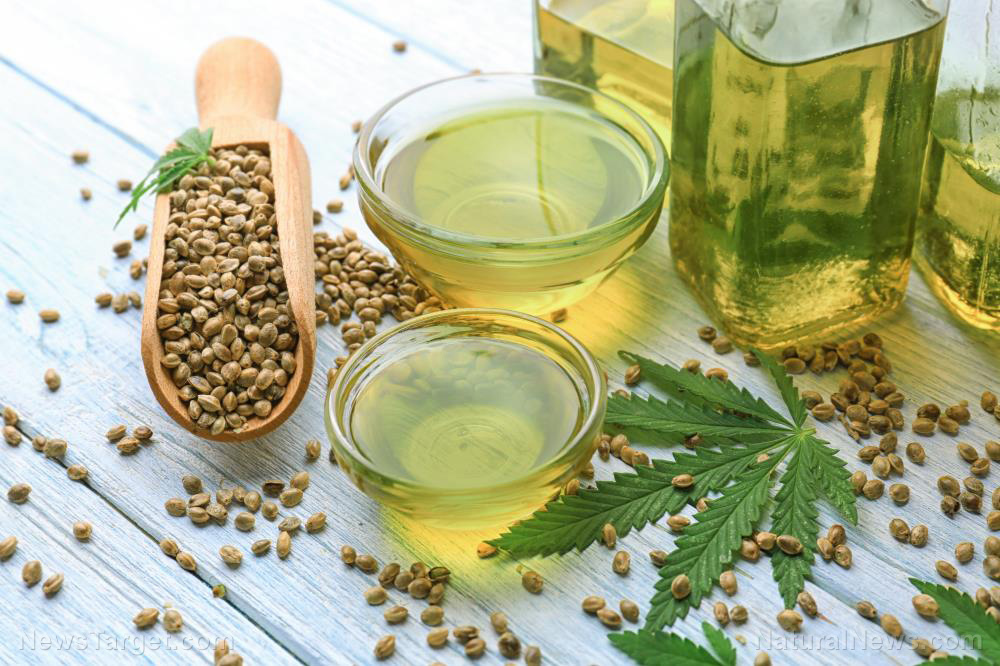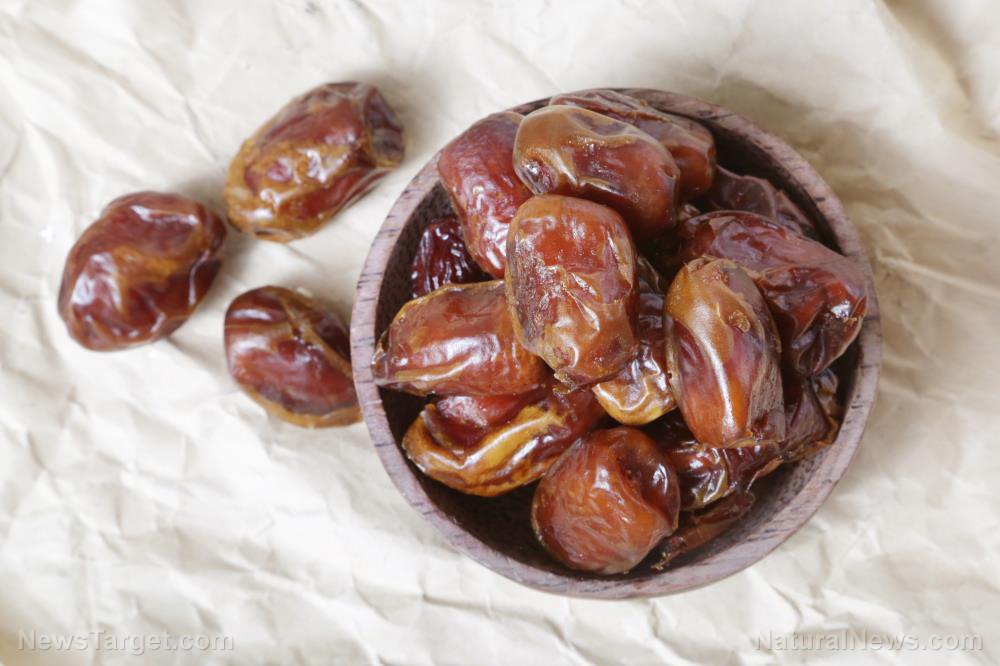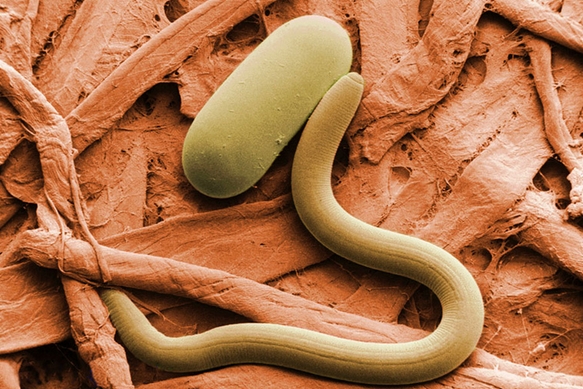Scientists look at a widely-used herb in Asia as a potential cancer treatment
10/02/2018 / By Ellaine Castillo

A group of researchers from the University of Malaya has discovered that Melicope ptelefolia has potential as an anti-cancer agent. The study, published in BMC Complementary and Alternative Medicine, looked into the potential applications of the herb based on its different properties. Specific properties that they considered were its antioxidant, anti-proliferative, apoptosis induction, and cancer cell cycle inhibition activities.
M. ptelefolia is a herb found in most Asian countries. It’s commonly used as a salad ingredient as well as a traditional medicine for different diseases. Unfortunately, not many people have tried to determine if there is a scientific rationale behind its use as health benefits.
Health benefits from plants are usually attributed to the presence of phytochemicals. These phytochemicals are non-essential nutrients that are implicated in the protection of plants. Some examples of this are polyphenols and flavonoids, which are known for their antioxidant activity.
In this study, they made use of extracts, which were prepared from young M. ptelefolia leaves. These leaves were initially dried then grounded into a powder before being subjected to sequential extraction by hexane, ethyl acetate, methanol, and water.
To estimate the antioxidant activity of M. ptelefolia, the polyphenol and flavonoid content of the extracts were determined. Results showed that all extracts had significant levels of polyphenol and flavonoid but their presence was higher in methanol extracts.
In addition to this, ferric reducing antioxidant power (FRAP), 2,2?-azinobis-(3-ethylbenzothiazoline-6-sulfonic acid) (ABTS) and 1,1-Diphenyl-2-picryl-hydrazyl (DPPH) radicals scavenging and cellular antioxidant activity (CAA) assays were also done to confirm antioxidant activity. Based on these assays, all extracts have high levels of antioxidant activity. Hexane extracts showed the highest levels of antioxidant activity for the ABTS, DPPH, and CAA assays, while the observed antioxidant activity in FRAP was highest for water extracts.
The power of the elements: Discover Colloidal Silver Mouthwash with quality, natural ingredients like Sangre de Drago sap, black walnut hulls, menthol crystals and more. Zero artificial sweeteners, colors or alcohol. Learn more at the Health Ranger Store and help support this news site.
Anti-cancer agents should be able to prevent cells from proliferating more than they should. Otherwise, cells that won’t stop proliferating can form tumors. For this study, a cell viability assay was conducted on four human cancer cell lines to determine anti-proliferative activity. These cell lines were HCC1937 and MDA-MB-231 for breast cancer, HCT116 for colorectal cancer, and HepG2 for liver cancer. Only hexane and ethyl acetate extracts showed promising results.
The two extracts with anti-proliferative activity were subjected to more assays to determine if they can preferentially induce apoptosis in cancer cells. These tests included Cell cycle, Annexin-V/7-aminoactinomycin D staining, and measurement of activation and inhibition of caspase enzymes. The results of these assays show that the cell cycle can be disrupted by M. ptelefolia extracts on all cell lines except for HCC1937. One possible reason that the researchers gave for this is that the period of the treatment was too short for the effect of the extracts to be seen.
Overall, this study shows that M. ptelefolia exhibits notable antioxidant, anti-proliferative, apoptosis induction, and cancer cell cycle inhibition activities.
“These findings reflect the promising potentials of MP [M. ptelefolia] to be a source of novel phytochemical(s) with health promoting benefits that are also valuable for nutraceutical industry and cancer therapy.” the researchers concluded. (Related: The health benefits of phytochemicals.)
Other sources of phytochemicals
Aside from M. ptelefolia, other sources of phytochemicals include:
- Garlic – Allicin, is a phytochemical found in garlic that is known for its antibacterial properties.
- Cabbages – The cabbage contains indole, which has been linked to reduced estrogen effectiveness. As a result of this, the risk of breast cancer is also lowered.
- Tomatoes – An antioxidant called lycopene can be found at high levels in tomatoes. This prevents damage from free radicals and oxidative stress.
- Soy – Like M. ptelefolia, soy also has anti-cancer properties. This is because of the presence of isoflavones, which protect against hormone-dependent cancers.
Learn more about Melicope ptelefolia and other herbal remedies by visiting NaturalCures.news today.
Sources include:
Tagged Under: alternative medicine, antioxidant, cancer, cancer therapy, food as medicine, food cures, herb, herbal medicine, Melicope ptelefolia

